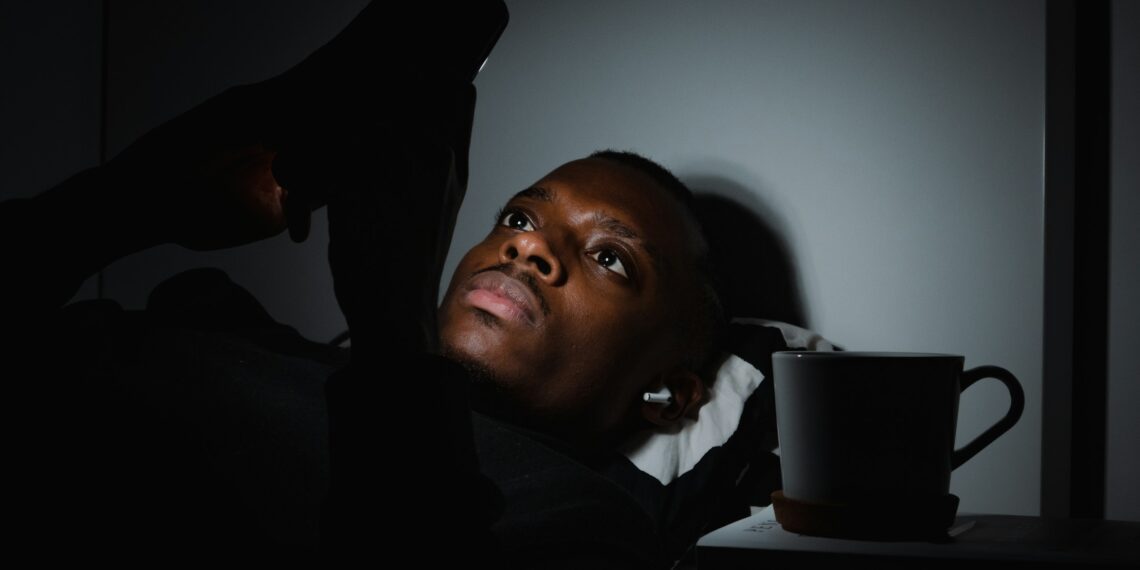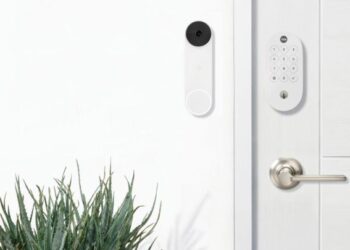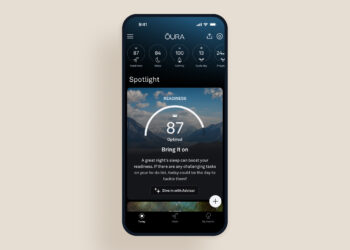The impact of blue light emitted from screens on human sleep patterns is a topic of ongoing discussion. However, it's widely recognized that the use of electronic devices has altered our sleep-wake cycles, leading to difficulties in falling asleep and a decrease in overall sleep quality. Recent studies indicate that nighttime screen usage has detrimental effects on sleep across various age groups, affecting sleep habits in multiple ways.
A study published in the JAMA Journal explored screen time right before sleep among over 122,000 participants over a two-year period. The research team discovered that individuals who engaged with screens before bedtime had a 33% higher likelihood of experiencing poor sleep quality.
Moreover, this study highlights that the adverse effects of using phones and other devices in bed extend beyond adults to a wide range of individuals across different age groups. The research states, “Our findings enhance the evidence that electronic screen usage and sleep disruptions are not confined to children and teenagers but also impact the larger adult demographic.”
This study represents the most extensive assessment to date of how screen usage in the bedroom influences sleep outcomes across a diverse adult population. Not only did it evaluate general sleep patterns, but it also considered factors like sleep timing and quality.
Adverse Effects All Around

Interestingly, the research indicates that sleep duration on weekdays was impacted more significantly than on weekends, suggesting that exposure to screens at bedtime directly affects productivity due to decreased sleep. The report notes, “Daily screen usage was linked to later bedtimes and approximately 50 minutes of sleep loss each week.”
Additionally, screen exposure not only reduces sleep time but also delays bedtimes. On average, individuals who engage with screens before sleeping reported delays of 19-20 minutes on both workdays and weekends.
These consequences are cumulative; participants not only received fewer hours of sleep but also experienced delayed bedtimes and deteriorating sleep quality. To evaluate sleep quality, researchers applied the Pittsburgh Sleep Quality Index, a commonly utilized assessment tool that categorizes sleep quality into four levels.
Available Solutions

Fortunately, there are behavioral approaches to mitigate these issues, with the tools for intervention readily available on the very devices causing the harm. For instance, smartphones now feature a bedtime mode that mutes notifications and makes visual adjustments.
Users can impose time limits on distracting apps and activate reminders to prompt breaks. Additionally, wearable technology like Fitbit has features that can help users establish better sleep schedules.
While the risks of excessive screen time are high, the potential benefits of reducing screen exposure are substantial. A study revealed that each additional hour of daily screen time increases the risk of myopia by 21%. Conversely, another recent study found that minimizing screen time can be more effective than antidepressants for improving mental health and sleep patterns.






